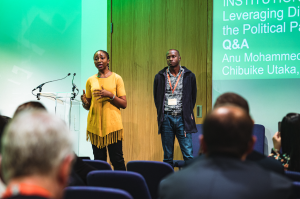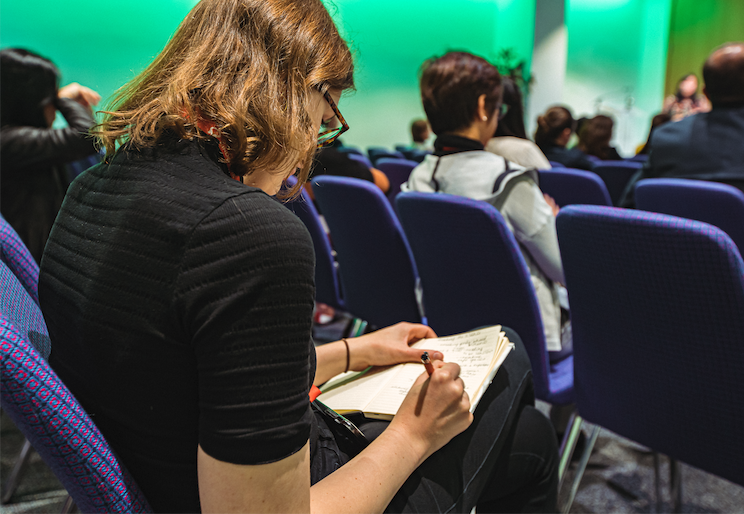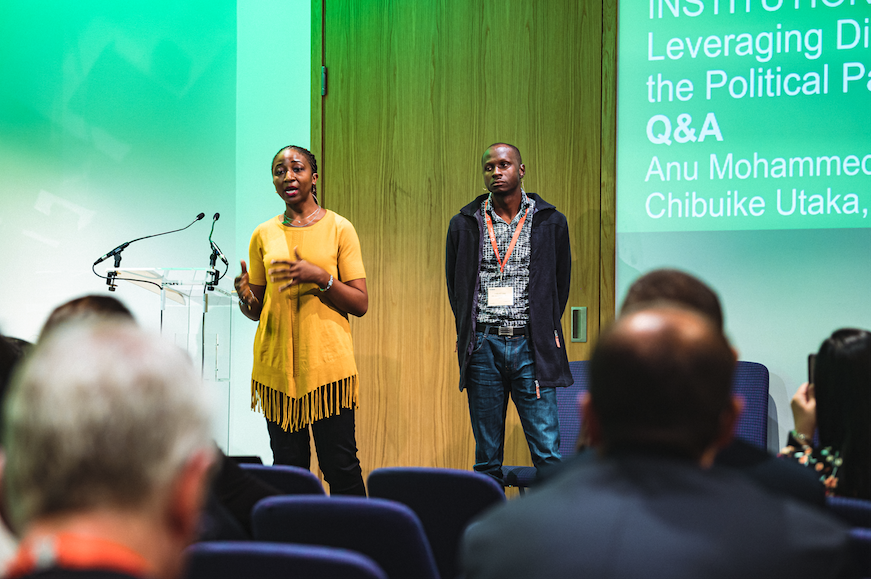

As ESOMAR Foundation we organised a special session for NGO’s to attend Congress on Tuesday, Sept 10th – first of all to listen to the Congress Social research session – The Public Superheroes – then participate in a workshop, followed by the Making a Difference presentations and Awards.
So – a great opportunity for Charities to see 7 great case studies on how research is used in the not-for-profit sector, and to discuss their specific research ‘issues’ with us. The ones who accepted our invitation were a mix of local and international representatives from local and international charities and organisations.
The purpose of the workshop was two-fold, firstly to understand the research issues of NGOs’ and secondly to work out how we, as ESOMAR Foundation, could help. And, as always the results were unexpected and fascinating! First of all, we learned that their main issue is communication – though there are some research gaps that we could definitely help them to change the culture quickly.
We learned how difficult it is to change culture quickly – even armed with great research. How it works better to start with examples that people can identify with – rather than trying to stretch them too far. So if you want to change traditional attitudes to girl’s opportunities (education/marriage etc) sometimes it works to start with more general stories about children’s aspirations including boys. A great example was a story about a boy whose father was a wrestler and wanted the boy to follow in his steps – but the boy wanted to be a ballet dancer. Drawing parallels between the skills required for both jobs (agility, strength, balance, etc.) made people think and resonated better than a story about a girl who wanted to be a lawyer.

Or changing the emphasis of Family Planning communications onto men rather than women – the benefits to them – spend more time with your children when they need you, have more resources for each child, it’s better for your wife not to have a baby every year, etc. – works better than communicating to women.
Or if you want to restore a beautiful garden/park – rather than emphasising sentimental memories of time spent there as children – get people to think about how they would feel if it became a multi-story car-park.
So lesson number one – if you want breakthrough – it sometimes works to be shocking – turn something on its head – do the opposite of the expected.
If you are trying to maintain interest over the long term – for example, those affected by the Rwandan genocide are still affected decades later – particularly with mental health issues – perhaps you can tap into current trends in the UK.
We also discussed and shared with delegates – the work that System 1 has done which shows that Charity Advertised is mostly ineffective – because donors/NGO workers demand messages when what is required is emotion.
From the side of research issues – particularly in developing markets there is a shortage of research capacity – by training individuals as quant and particularly qual interviewers we can benefit NGOs’ and the also give skills to individuals to develop their work and career opportunities. In particular, those who have experienced the problem (homelessness, domestic violence, mental health problems, etc) are frequently the best people to interview/mentor those suffering currently. So we think we will develop a peer-research training system/qualification. It could be of benefit to so many people everywhere. (After all, I believe that everyone should have research skills!)
We had an excellent discussion – everyone learned a lot – and were further inspired by the Making a Difference award-winning presentations.
Author: Phyllis Macfarlane, ESOMAR Foundation Founding Board Member
